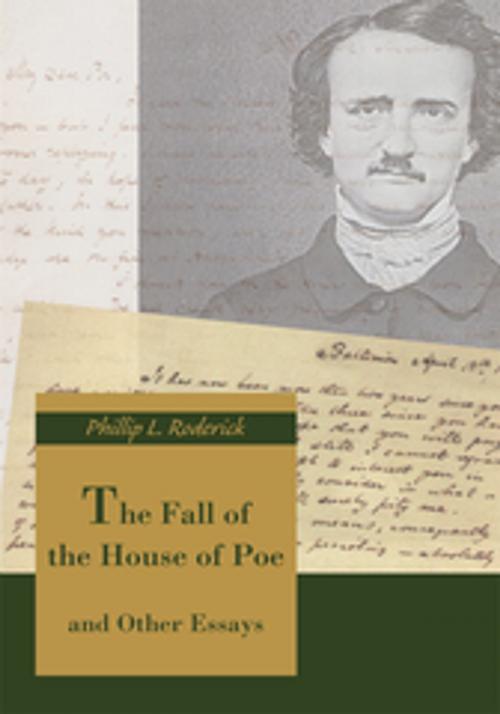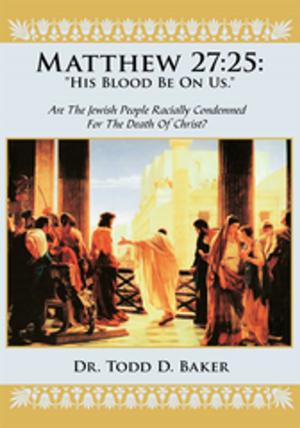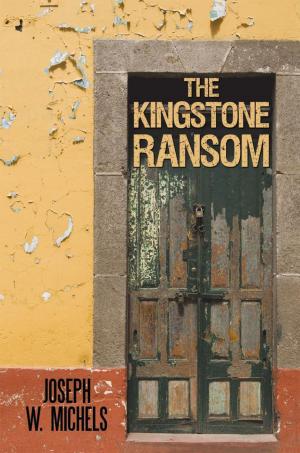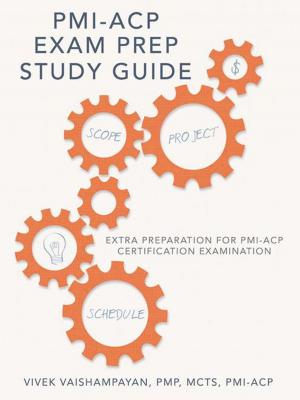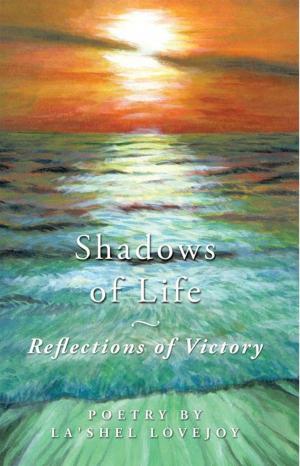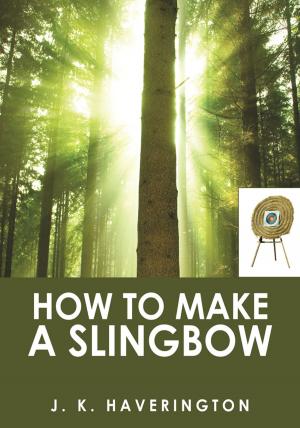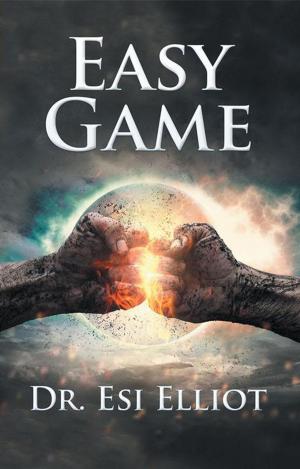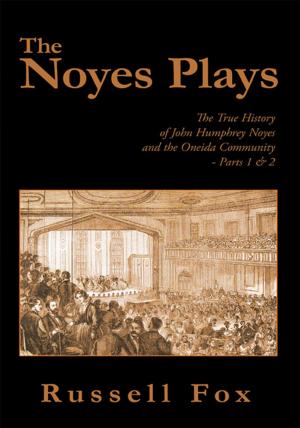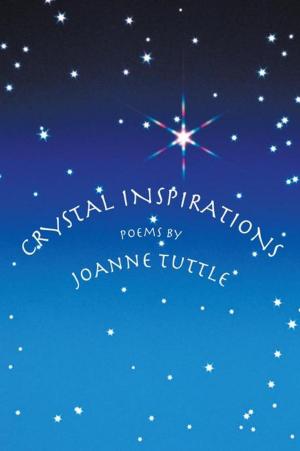The Fall of the House of Poe
And Other Essays
Fiction & Literature, Literary Theory & Criticism, Gothic & Romantic, Books & Reading| Author: | Phillip L. Roderick | ISBN: | 9780595839698 |
| Publisher: | iUniverse | Publication: | May 18, 2006 |
| Imprint: | iUniverse | Language: | English |
| Author: | Phillip L. Roderick |
| ISBN: | 9780595839698 |
| Publisher: | iUniverse |
| Publication: | May 18, 2006 |
| Imprint: | iUniverse |
| Language: | English |
Why was Edgar Allan Poe unable to form either emotional or sexual bonds with the women in his life? Why did he worship at the grave of his friend's mother-a woman he may have loved but who he could have never been intimate with? Why did he marry his 13 year-old cousin and what impact did her tragic death have on his literary creations? Why do the female characters in his short stories endure disturbingly sadistic punishment and torture at the hands of an almost overtly mad husband or acquaintance?
Through both a feminist and psychoanalytic analysis, The Fall of the House of Poe attempts to explain Poe's morbid treatment of the female characters in his short stories by examining his own disturbingly tragic experiences with women throughout his short life. Ultimately this book elucidates unequivocally the acute psychological motivations for Poe's profoundly psychoanalytic tales of horror and imagination.
Why was Edgar Allan Poe unable to form either emotional or sexual bonds with the women in his life? Why did he worship at the grave of his friend's mother-a woman he may have loved but who he could have never been intimate with? Why did he marry his 13 year-old cousin and what impact did her tragic death have on his literary creations? Why do the female characters in his short stories endure disturbingly sadistic punishment and torture at the hands of an almost overtly mad husband or acquaintance?
Through both a feminist and psychoanalytic analysis, The Fall of the House of Poe attempts to explain Poe's morbid treatment of the female characters in his short stories by examining his own disturbingly tragic experiences with women throughout his short life. Ultimately this book elucidates unequivocally the acute psychological motivations for Poe's profoundly psychoanalytic tales of horror and imagination.
